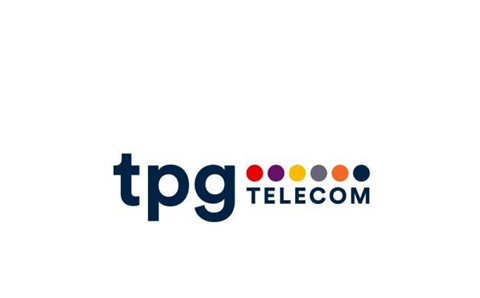The newly merged TPG Telecom has been one of the many Australian companies to be significantly impacted by the COVID-19 restrictions.
The company, the result of the merger of TPG and Vodafone, reported declines in revenue and EBITDA for its first half of 2020, or the six months ended 30 June 2020. Revenue dipped 11 percent to $1.5 billion, while EBITDA is down 8 percent to $531 million compared to 2019.
TPG said “significant” COVID-related impacts contributed to the declines. Global travel restrictions saw an 80 percent decline in margin from roaming, while prepaid and postpaid connections decreased 30 and 20 percent, respectively.
Declines were also pinned on temporarily reduced sales channel operations with some stores forced to close due to COVID-19 restrictions and reduced contact centre operations in March and April due to lockdowns in India.
TPG also took a financial hit from customer financial hardship and support initiatives.
Chief executive Iñaki Berroeta said the first half of 2020 was an unprecedented and complex
period, with the company managing four significant sets of challenges and priorities.
“We simultaneously supported our customers to help keep them connected through COVID, moderated the financial impacts of the pandemic on our own business, completed the merger and commenced our 5G rollout after an 18-month delay due to the vendor restrictions,” Berroeta said.
“While our results reflect a negative impact from COVID on the mobile sector, they also demonstrate the relative resilience of the industry and our capacity to continue to deliver the essential services which our customers rely on.”
TPG also discussed its ongoing merger integration activities, highlighting 445 network upgrades the company implemented so far.
TPG’s pre-merger spectrum was integrated into the Vodafone mobile network at 318 sites in Canberra, Tasmania, Southern Queensland, Darwin, Adelaide, regional Victoria, regional South Australia and parts of NSW, covering some 1.8 million customers.
TPG said network performance has also been boosted in Melbourne CBD and parts of Sydney were pre-merger small cells have been activated.
“Customers began experiencing the benefits of the merger from day one, and over the past six weeks, we have delivered significant boosts to data speeds and performance for customers from these deployments,” Berroeta said.
TPG’s pre-merger fibre will also be connected to an additional 700 sites on Vodafone’s mobile network, building on an earlier agreement signed in 2015.
iiNet mobile customers will also be invited to migrate to Vodafone’s mobile network as TPG aims to trim third-party network costs.
Looking ahead, TPG looks to continue prioritising “activities to realise merger synergies” like accelerating its 5G mobile network, increase market share among households, own more infrastructure broadband, increasing enterprise market share, organisational integration activities and creating efficiencies across the business.
“Through our increased scale and strength as a merged company, we are well-placed to continue to support customer needs, while progressing our plans to deliver the benefits of the merger for customers and shareholders,” Berroeta said.




.png&h=142&w=230&c=1&s=1)


.jpg&h=142&w=230&c=1&s=1)





.jpg&w=100&c=1&s=0)








_(1).jpg&q=95&h=298&w=480&c=1&s=1)


